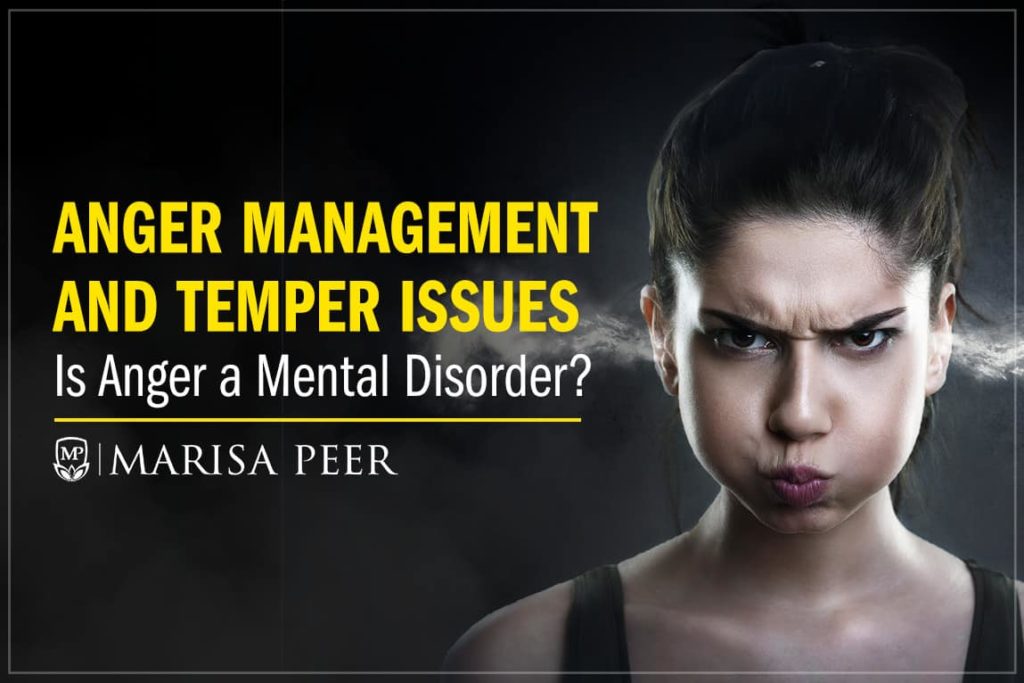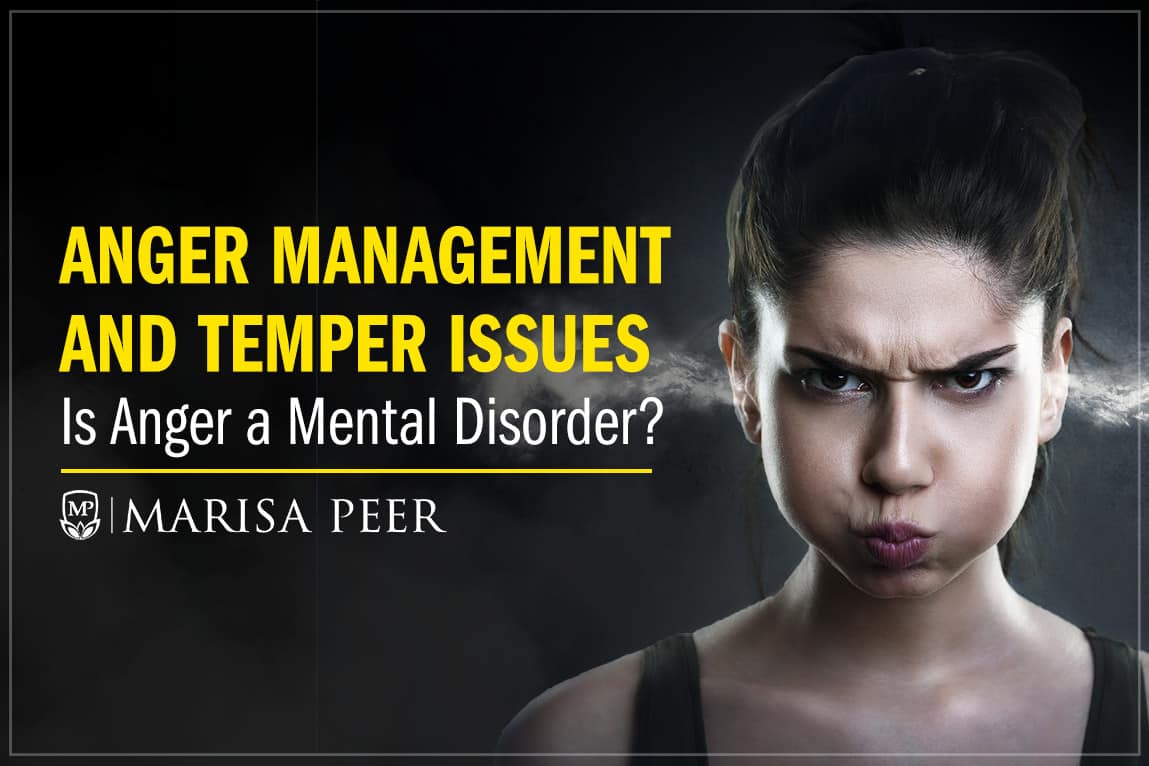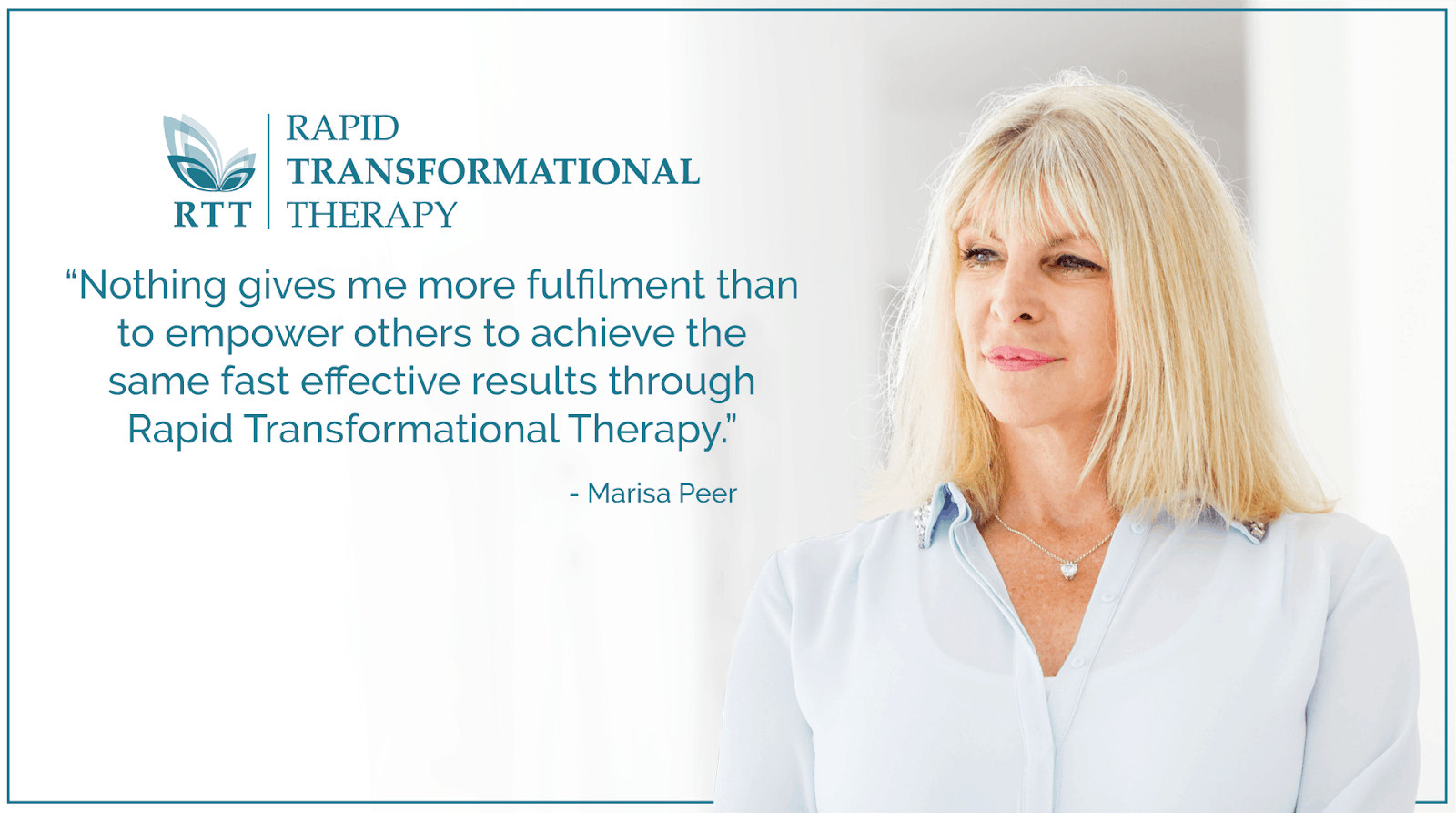Anger, rage and losing your temper are all issues people will experience at some point in their lives. Whether it’s trying to overcome your own anger issues, or knowing how to deal with anger from others, this article will help provide useful, practical suggestions covering on how to use anger management techniques to deal with temper issues.
You will learn:
- Why do I get so angry?
- What are the symptoms of anger issues?
- How do you know if you have anger issues?
- Is anger a mental health problem?
- ‘Killer Inside: The Mind of Aaron Hernandez’
- Can you cure anger?
- Anger management strategies
- Things you can try to help with anger (what to do and don’t)
- Anger management medication
- What is the best therapy for anger management?
- Prove how powerful this is to yourself
- FREE 90 minute online class.
Why Do I Get So Angry?

Anger is an emotional response that can be triggered by a number of factors. Stress, grief, personal issues, feeling frustrated by circumstances outside of your control, or negative experiences and self-criticism can all contribute to losing your temper and feeling angry.
What Are the Symptoms of Anger Issues?
Anger issues can present with emotional and/or physical symptoms. Constant irritability or outbursts of rage, feelings of overwhelming stress and anxiety, feeling unable to cope or rationalize behavior are all symptoms we may associate with anger. Insomnia, headaches, heart palpitations and even physically turning red with anger can also be symptoms.
Priory outline the following emotional and physical symptoms of anger issues:
Emotional Symptoms:
- Depression
- Anxiety
- Paranoia
- Frustration
- Lack of sleep
- Social isolation
Physical Symptoms:
- Headaches
- Increased blood pressure
- Heart palpitations
- Tightened or anxious feelings in the chest area
- Blushing
- Sweating
- Fatigue
How Do You Know if You Have Anger Issues?
Losing your temper occasionally may not constitute an anger issue. However, repeated patterns of unwanted behavior and socially unacceptable outbursts could identify that there are anger management issues or even a mental disorder that needs to be addressed.
If you have concerns about anger management difficulties, either for yourself or someone you know, look out for the following patterns of behavior:
- Outward aggression including threatening behavior, shouting or violence
- Inward aggression of self-destructive behaviors, which could lead to self-harm
- Difficulty expressing emotions in a calm, open and honest way
- Substance abuse and addiction, including alcohol, which can exacerbate symptoms
- Social withdrawal, isolation, and difficulty sustaining relationships
Is Anger a Mental Health Problem?
Anger can be closely linked to many other mental health disorders, including depression, anxiety, or addiction and behavioral issues. There are also recognized anger disorders, including Intermittent Explosive Disorder (IED), characterized by sudden and recurring aggressive outbursts, impulsivity and hostility, without apparent reason. Let’s look at a real-life example of extreme unwarranted anger issues…
‘Killer Inside: The Mind of Aaron Hernandez’
Netflix caused controversy with its true-crime series ‘Killer Inside: The Mind of Aaron Hernandez’ which “examines how Aaron Hernandez went from an NFL star to a convicted killer.” The Netflix series aims to get “inside the mind” of murderers, to look into the psychology and motivations for how people become killers.
Aaron Hernandez was one of the most famous players of the National Football League (NFL) and was also a convicted murderer. Hernandez’s footballing career came to an abrupt end in 2013 when he was convicted of murdering his friend Odin Lloyd. Hernandez was arrested, convicted and sent to prison for life, without the possibility of parole.
Before becoming a convicted murderer in prison, he had appeared to ‘have it all’ as a famous sports star – celebrated for the 2012 touchdown pass he famously caught. So what led to him being convicted of murder just a year later? It turns out that Aaron Hernandez had a lot of anger in his life…
‘Life and death of Aaron Hernandez: There was so much anger’ by USA Today, reported that Hernandez “harbored demons of the sort that would one day lead him to drugs, accusations of cold-blooded murder and, finally, his own death.” Hernandez was just 27 when he reportedly took his own life and died from suicide.
The tragic dangers and destruction of anger
Hernandez’s anger was revealed throughout his life by various people, including his high school coach, who told the Hartford Courant in 2010 that he had “always had concerns” about him. Numerous instances of violence and outbursts of anger and bad temper came out as his history was revealed…
‘Aaron Hernandez was often angry and paranoid, former friend says on stand during murder trial’ was the headline reporting on two other murders Hernandez was also trialed for. It has been widely reported that this double drive-by killing was because someone had knocked into Hernandez in a club, spilling his drink. This is something that wouldn’t raise more than a mild annoyance for most, but Hernandez obviously had anger issues and a temper that proved deadly.
Hernandez’s story is an extreme example of what can happen when anger and rage get out of control, in this instance resulting in the tragic loss of lives. However, it doesn’t need to be this way. There are effective anger management strategies available and anger therapy solutions, which this article will explore further…
Can to Cure Anger?
It has been said that anger is not something that you can ‘cure’. It is an emotional response that can often feel involuntary and outside of your control. However, you can use anger amangement techniques to manege the intensity of the feeling and its impact on you and those around you.
If you feel like anger has gone beyond a reasonable emotional reaction and has become destructive or harmful, then it is time to get help. There are effective stress and anger management strategies to control your anger longer-term and the first step is awareness.
You may find yourself asking questions like “Why do I get so angry? What can I do to control my anger? How do I stop feeling so angry?” This article will help answer those questions and provide an overview of the best therapy for anger management.
Anger Management Techniques
If you are concerned with your anger or the anger of someone you know, then there are numerous anger management techniques and ways to control anger that can help.
When you know how you can control your anger, you can find healthier ways to express your feelings and release stress and anger without causing harm to anyone, including yourself.
The NHS states that “Most people feel angry sometimes, but if it’s affecting your life, there are things you can try that may help.”
Anger management techniques and things you can try to help with anger:
Do:
- try to recognise when you start to feel angry so you can take steps to calm down as early as possible
- give yourself time to think before reacting – try counting to 10 and doing calming breathing exercises
- talk to people about what’s making you angry – speak to someone who is not connected to the situation, such as a friend, a GP or a support group such as Samaritans
- exercise – activities such as running, walking, swimming and yoga can help you relax and reduce stress
- find out how to raise your self-esteem, including how to be more assertive
- consider peer support, where people use their experiences to help others. Find out more about peer support on the Mind website
- listen to free mental wellbeing audio guides
DON’T:
- do not try to do everything at once; set small targets you can easily achieve
- do not focus on things you cannot change. Focus your time and energy on helping yourself feel better
- try not to tell yourself that you’re alone – most people feel angry sometimes and support is available
- try not to use alcohol, cigarettes, gambling or drugs to relieve anger – these can all contribute to poor mental health.’
Anger Management Medication
In terms of anger medication, antidepressants such as Prozac, Celexa and Zoloft may be prescribed for anger issues. PsychGuides stated that “these drugs do not specifically target anger within the body, but they do have a calming effect that can support control of rage and negative emotion.”
However, there are a number of highly effective anger management techniques and therapies that may get positive results without needing to medicate. Celebrity therapist, Marisa Peer, says that the most transformative potential on the planet comes from you and your mind. When you know how to have your mind work with you rather than against you, you can overcome all kinds of issues including anger management.
This article on How To Reach Your Full Potential has more information on how to harness the most powerful potential on the planet to overcome any issue or challenge.
What is the Best Therapy for Anger Management?
The good news is that help is available for stress and anger management. Relaxation strategies, exercise, yoga, meditation, and mindfulness are all healthy practices that can help relax the body and mind and give you more control over your emotions.
People also seek support for their temper with Cognitive Behaviour Therapy (CBT), talking therapies, psychotherapy, Neuro-Linguistic Processing (NLP), hypnosis and hypnotherapy.
For a solution-based approach, Rapid Transformational Therapy (RTT) can achieve life-changing results. RTT combines the leading principles of neuroscience, hypnotherapy, psychotherapy, CBT and NLP.
RTT Founder, Marisa Peer, reveals that “no one needs to suffer when fast, effective solutions are easily available. When you discover something as powerful as RTT you want the whole world to benefit. Nothing gives me more fulfillment than to empower others to achieve the same fast results through Rapid Transformational Therapy.”
Marisa Peer has helped clients work on all kinds of issues, including stress and anger management, overcoming depression, anxiety, helping improve people’s self-esteem and confidence. She now shares the most effective tools and techniques that have proven to achieve transformational impact, in order to help as many people benefit as possible.
Marisa believes that by changing the words and images you say to yourself and others, you can change how you feel and how your body responds. In this article Hypnosis for Anxiety, Marisa says that the secret to phenomenal coping skills lies in the words and pictures you imagine.
Marisa teaches that when you change the words and images you use, you can change your life. Instead of saying things to yourself like “I can’t cope” replace this with the empowering statement “I have phenomenal coping skills.”
Prove how powerful this is to yourself…
Marisa has taught millions of people how to use the power of their words to transform their life and started a global movement called I Am Enough.
Marisa says “One of the biggest and most common issues people face is the belief that they are not enough. From bulimics, to alcoholics, to chronic gamblers – one of the most common things I hear from my clients is that “I don’t think I’m enough”. It is this thought that pushes them to self-sabotage and put challenges, obstacles, and roadblocks in their own way to live their best life. This one singular limiting belief has stopped them from having enough love, having enough wealth and having enough health in life.
I want to take you through the exact framework I’ve used to help some of my patients break through the wall of self-doubt, self-sabotage, and self-shame that they have struggled with for sometimes their entire lives.”
FREE 90 minute online class…
Marisa is currently offering a free 90 minute online course to help transform your life in the following ways:
- ‘Understand WHY you feel like you’re not enough (we’ll find the exact moment and the exact reason feel this way).
- Rewire your brain to attract the things that you want most in your life. Whether it’s in the areas of wealth, health or love.
- Start you on your path to living the life YOU deserve (but never really thought was possible for you).
This free masterclass could help you clear mental blocks (both conscious and subconscious) so you can FEEL the changes; helping you be free from the weight that’s holding you down and holding you back.’
You can experience the power of this approach for yourself absolutely FREE right now…









